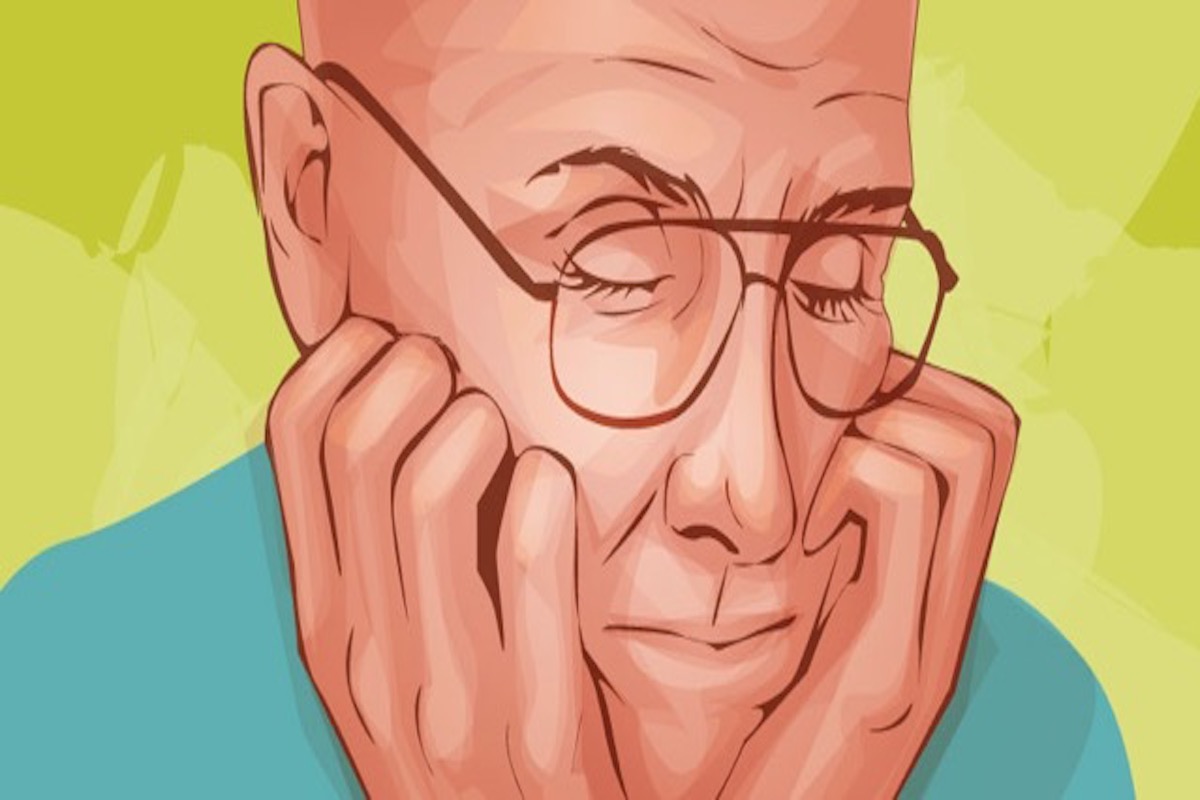Obsessive and Repetitive Behavior
People with Alzheimer’s disease usually become frustrated, leading to behavior with which they try to hold on to their old patterns and habits. This leads to obsessive behavior and the repetition of certain actions. This can be a lot of different things: some people simply start cleaning obsessively. Others start to obsess over their family members and start calling them many times a day.

Loss of Bladder Control
If you think that Alzheimer’s disease only affects a person mentally, you couldn’t be further from the truth. As Alzheimer’s gradually changes the brain, the ability to hold pee in usually gets affected, causing the person to become incontinent. This is called urinary incontinence. Besides that, people with Alzheimer’s often stop realizing they have to go to the toilet, so it’s often too late when they finally go to the toilet. Which is called functional incontinence. Of course, this is very embarrassing for the person in question, so a little tip: act normal, help him/her change (if the person lets you), and start a conversation about how this could happen and if it happened before.
Physical Problems
At some point – in the advanced stages of this disease – people with Alzheimer’s disease start losing control over certain parts of their bodies. This can cause several things, such as difficulty swallowing, becoming incontinent, having trouble walking, and becoming wheelchair-bound. At this point, this person will need help with tasks like using the toilet, walking, eating, and drinking. Now, Alzheimer’s disease or dementia has long been diagnosed.
Sleep Problems
With Alzheimer’s disease, having difficulty sleeping is very common. A person with Alzheimer’s disease will probably wake up more often and have trouble sleeping in. However, you should know that people with Alzheimer’s disease are known to sleep a lot more in general than usual. As they become weaker, sleep becomes more important. Sometimes the day and night patterns turn around since they can’t sleep at night and become so tired that they have to sleep during the day.
Troubled Speech and Language
Having trouble with speech and language is called aphasia and is a common sign of Alzheimer’s disease. You might notice joining in on conversations becomes harder and you have trouble finding the right words. It starts small; you do not know a word now and then. People with Alzheimer’s disease often become highly frustrated because of their troubled speech, since they find it harder to express their feelings. In a more progressed stage, you might experience constant trouble in composing sentences.

